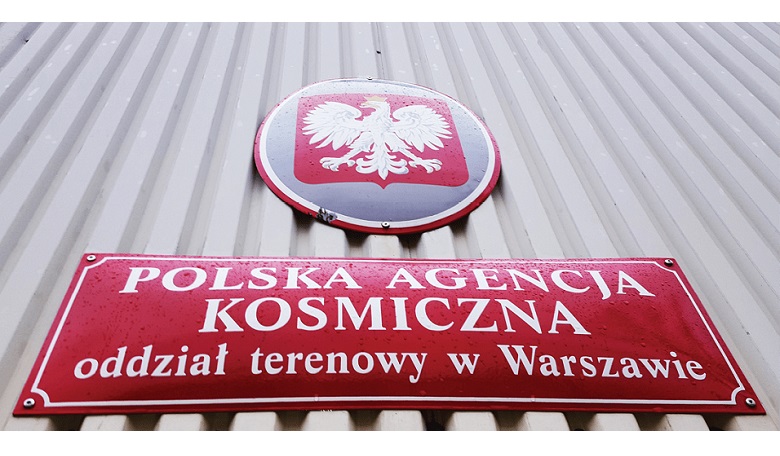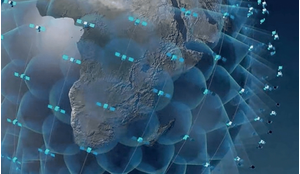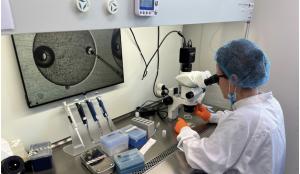The beginning of Polish activity in astronomy dates back to the 15th century and the famous figure of the time - Copernicus. His work, On the Revolutions of the Heavenly Spheres, describes in detail the heliocentric theory of our planetary system. In the 16th and 17th centuries Johannes Hevelius (mathematician and astronomer) and Kazimierz Siemienowicz (engineer, rocket designer) contributed further to the development of Polish astronomy.
In the 20th century, Polish scientists cooperated with the USSR in space initiatives such as the Interkosmos programme. The first Polish machines for measuring solar radiation were launched into orbit from the Kopernik 500 spacecraft in 1973. Other achievements included crystallization experiments in microgravity.
Three years later the Space Research Centre (CBK) was launched by the Polish Academy of Sciences (PAN). It was dedicated to exploring space and developing space technologies. In the 1970s the practical utilisation of satellite images began in Poland. The 1970s also included several space missions in which Poland participated - by 1999 a total of 60 Polish instruments and devices had been used in outer space for conducting physics experiments, among others. In 1978 the Polish astronaut, Miroslaw Hermaszewski went to space on the Soviet Soyuz-30 spaceship. The purpose of the trip was an eight day mission to conduct experiments on the Soviet station Salyut 62 and he was the first (and to this day remains the only) Polish national in space.
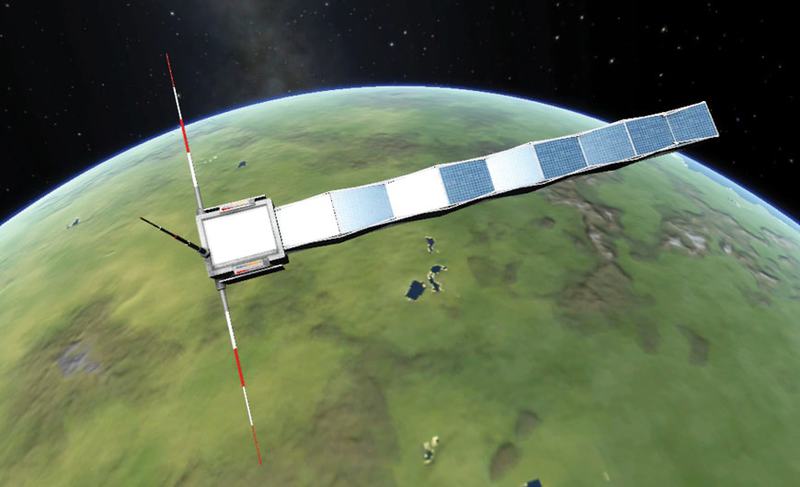 Poland’s PW-Sat Pawel Sanczyk was launched in February 2012 on the first flight of ESA’s new Vega launcher.
Poland’s PW-Sat Pawel Sanczyk was launched in February 2012 on the first flight of ESA’s new Vega launcher.
After 1989, political changes allowed for cooperation between countries from the Eastern Bloc, and Poland signed a cooperation agreement regarding the peaceful uses of outer space with ESA in 1994. The agreement was later expanded in 2002 and Poland was able to participate in ESA scientific programmes with Polish-built equipment included in almost every flagship research mission by ESA (Cassini-Huygens, Integral, Mars Express, Rosetta, Venus Express and Herschel).
POLSA must also create conditions for Poland’s space policy to serve society and enable entrepreneurs to conduct space activities in Poland
The beginning of the 21st century brought with it a heightened cooperation between Poland and ESA. In 2007 the Plan for European Cooperating States (PECS) was signed and, thanks to the establishment of this mechanism, 45 projects performed by Polish enterprises, research institutions and universities were financed. At the same time the amount, quality, and advancement of products and services utilising satellite technologies offered by Polish companies increased significantly.
 In 1978 Miroslaw Hermaszewski became the first, and to this date only, Polish national in space.
In 1978 Miroslaw Hermaszewski became the first, and to this date only, Polish national in space.
Studies by Polish scientists included the fields of astrophysics (solar systems), plasma cosmology in interplanetary space and Earth orbit, studying the Sun, planets and small celestial bodies in the solar system, remote sensing by satellites (for ascertaining the contamination of bodies of water, forests, the water content of soil, and weather forecasting), discovering exoplanets, and collaborating in building a telescope in Southern Africa.
In the past three decades Poland has formed its own space sector, which has developed and maintained noticeable achievements. It is composed of several research centres, research groups in universities, and SMEs (small and medium-sized enterprises) - all undertaking the challenges associated with satellite and space technologies. In addition, many other Polish enterprises have the expertise and experience which could allow them to quickly integrate into the space sector.
These are mainly companies in the aviation and defence sectors, which are the cradle of the space sector in other countries as well. Companies involved in information and communications technology also have the potential to successfully enter the satellite technologies and services business.
Poland’s ESA membership and the subsequent agreements it has entered into have opened the door for Polish entities to participate in the scientific missions of ESA. The Space Research Centre (SRC), in collaboration with several Polish companies, has built numerous scientific instruments, many of which have been used on important European scientific missions.
By the end of 2012, some 73 Polish instruments had been launched into space. In the same year the first Polish satellite, PW-SAT (with a mass of less than 1 kg), was launched into orbit thanks to cooperation between the SRC and students from the Warsaw University of Technology.
The first two Polish scientific satellites were launched under the auspice of the Polish, Canadian, and Austrian project titles Bright Target Explorer (BRITE). Both of them, Lem and Heweliusz, are nanosatellites weighing under 10 kg and their objective is to study the biggest and brightest stars in our galaxy in order to better understand their internal structure. Polish engineers and CBK-PAN scientists and the Kopernik Astronomical Centre PAN constructed the nanosatellites, which were launched in 2013 and 2014.
It is clearly noticeable that in the last decade the number of new companies developing space technologies in Poland has been rising and, at the same time, the quality of the products and services utilising satellite technologies offered by Polish companies has greatly increased.
In order for Poland to effectively participate in and further develop the benefits of the space sector, a competent professional structure is needed. It is one of the key task of space agencies - international cooperation with Poland within the framework of ESA, as well as in bilateral relations, requires the creation of an efficiently functioning space agency.
The year 2014 brought many breakthroughs in the space sector. An Act of Parliament established the Polish Space Agency (POLSA) on 26 September to facilitate Poland becoming even more involved in the study and use of space.
Polish-built equipment is included in almost every flagship ESA research mission
POLSA coordinates the efforts of institutions and private enterprises, and in the longer term, has increased the return rate of the Polish membership fee in ESA, as was predicted. This is all due to the fact that, in practice, contracts from the European space programme funded by the EU are only awarded to companies and scientists from ESA members, which Poland helps to fund as an EU member state either way.
The agency is executive in nature in accordance with the Act from 27 August 2009 in public financing (Art. 1 - Act of 26 September 2014) and it can create local branches of the agency. The headquarters of POLSA is located in Gdansk (Art.3). The activities of the agency are under the auspice of the President of the Council of Ministers (Art. 2). The duties of the agency are written in Art. 3 of the Act.
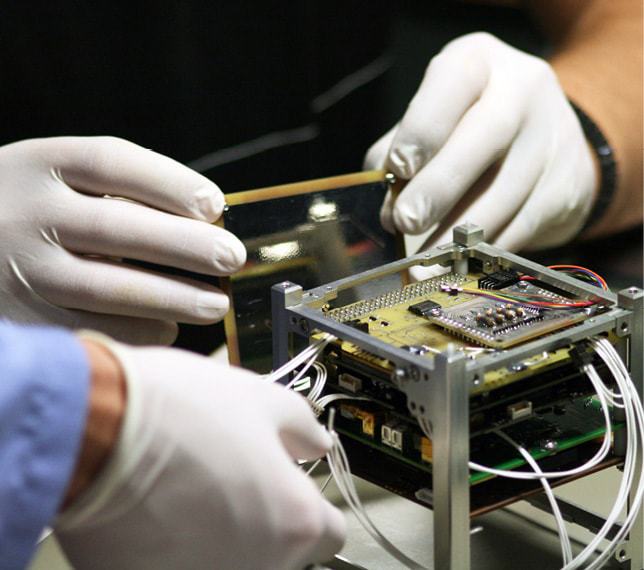 The first Polish student satellite, PW-SAT, under construction prior to launch in February 2012.
The first Polish student satellite, PW-SAT, under construction prior to launch in February 2012.
It also includes the general mandate of the agency in the field of research and development of space technologies including satellite engineering and its practical application for utility, economic, defence, security, and scientific purposes. A detailed outline of the agency’s responsibilities are also outlined, including initiating, preparing and implementing the main objectives of the agency as well as research programmes relevant to Poland’s national interest and economy. In the exploration and use of outer space technologies, space systems and the application of satellite techniques taking into account the principles of competition for public and private Polish institutions, or representing polish interests in the research and industrial development in the field of space in the international arena.
Furthermore POLSA carries out advisory, consulting, analytical and educational functions. It manages the register of objects in orbit in space, supports the training of new expert employees for studying the use of outer space and promotes satellite engineering in cooperation with national and international universities and institutions. POLSA is also responsible for national security and defence in relation to satellite observation of Earth’s surface, space exploration and observation, navigation and telecommunications.
Art. 13 lists the responsibilities of the POLSA Council, such as preparing and presenting proposals for the work and development of the agency, particularly taking into account the protection of national interests; preparing and presenting proposals for strategic programmes, studies, and developments regarding space; reviewing draft normative acts on the scope of POLSA’s activities; reviewing reports on the activities of the agency; supervising the agency’s budget; and determining the salaries of the President and Vice-Presidents of POLSA.
The President of the POLSA Council is chosen by its members and the Council is composed of representatives of the government - one from each administration - and four representatives of scientists and the industry with recognised achievements in research or business, and chosen based on their knowledge and competence in areas concerning POLSA activities (Art. 14).
In its short history, POLSA has already faced many challenges. Among the most important ones are coordinating and leading discussions between the space industry and space law and policy in order to increase Poland’s participation in the international sphere. It must also create conditions for Poland’s space policy to serve society and enable entrepreneurs to conduct space activities in Poland.
The main barrier prior to the inception of POLSA was a lack of competent agencies interested in investment
In cooperation with government departments responsible for space policy, the agency ensures mechanisms exist for assisting in formulating and implementing national space policy, establishing and managing enterprises enabling the development of space technologies and satellite technologies in Poland, promoting and supporting the effective utilisation of satellite technologies in the Polish economy and public administration, including national defence, representing Poland in international organisations for space, and ensuring the fulfillment of international obligations in space arising from binding international treaties.
POLSA is striving to initiate and develop holistic systems in the space sector (both upstream and downstream initiatives), while at the same time supporting the advancement of fundamental technologies for satellite systems.
Poland has the potential to greatly increase the practical use of such systems in the public sector - the main barrier at the inception of POLSA was a lack of competent agencies interested in such investment.
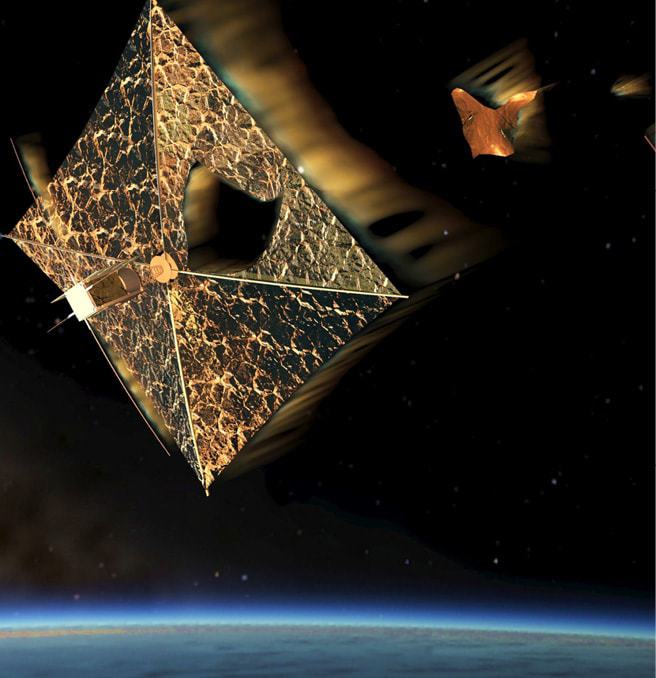 Designed by students of the Warsaw University of Technology, the PW-SAT 2 is planned to launch into space in 2017.
Designed by students of the Warsaw University of Technology, the PW-SAT 2 is planned to launch into space in 2017.
The above mentioned responsibilities are typical of space agencies, though in the current circumstances POLSA also undertakes responsibilities usually fulfilled by other bodies such as Ministries of National Defence or specialised agencies. These objectives cover the operational development and maintenance of satellite systems for national defence and ground infrastructure crucial to ensuring the accessible and effective utilisation of satellite technologies in Poland.
Supplementary responsibilities of POLSA are keeping in contact with institutions conducting space activities in the world, monitoring the development of space activities in Poland and the world, or leading initiatives to promote and support future personnel in the industry and developing public awareness of the advantages of space activities.
POLSA may also lead the implementation of international obligations in space law, for example supervising the activities of Polish non-governmental entities in outer space and maintaining the register of Polish space objects. In accordance with best practices in Europe and the world, POLSA aims to execute its tasks through contracts with Polish entities in the space sector as often as possible, aiding in the development of their competences. Time has shown that POLSA has brought the expected results and fulfilled early expectations regarding the national space sector.





